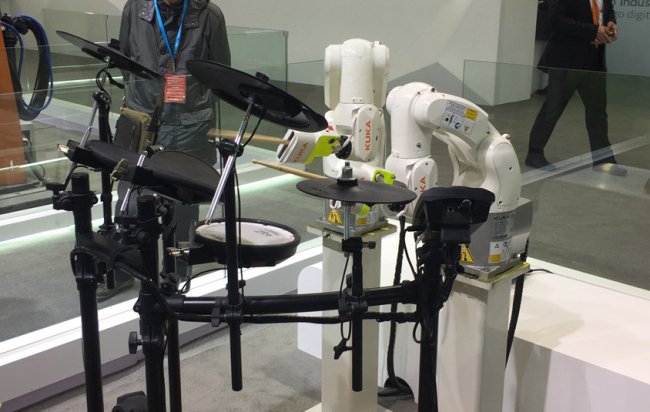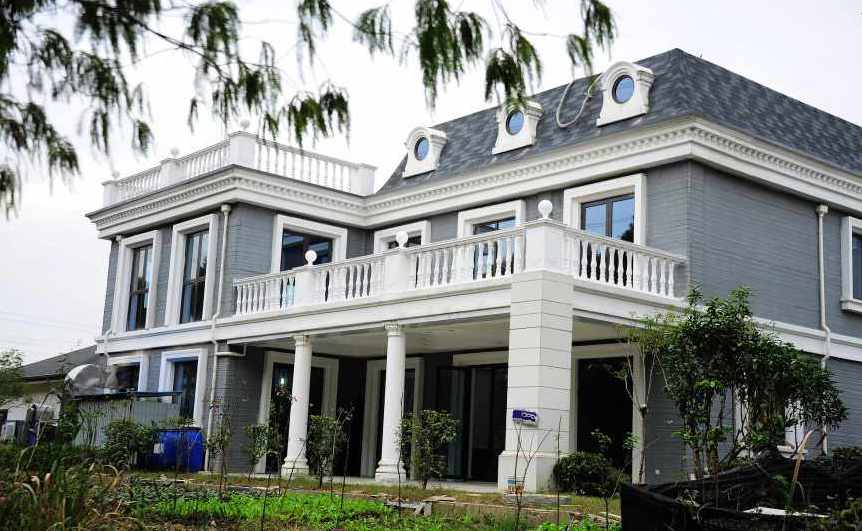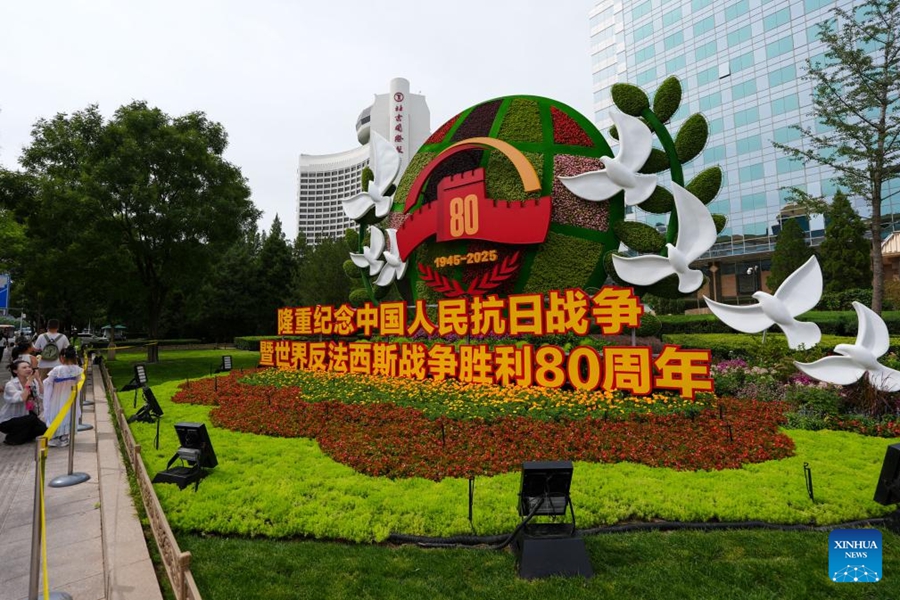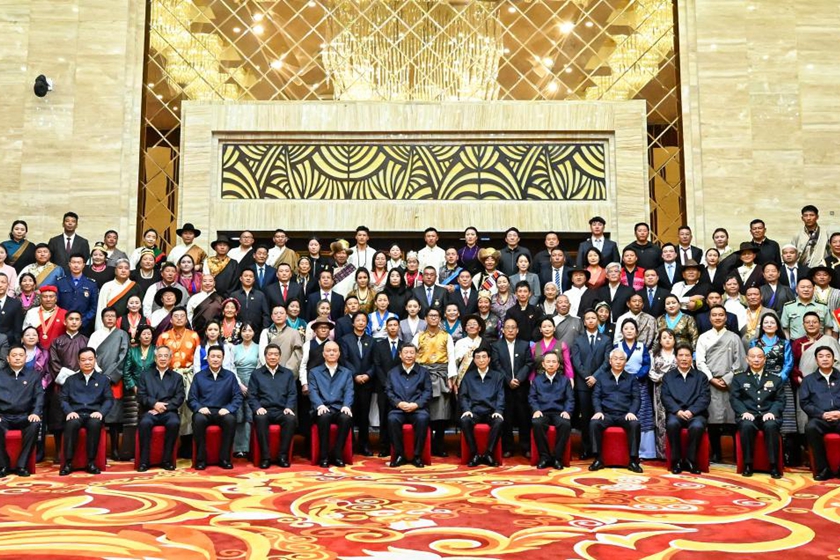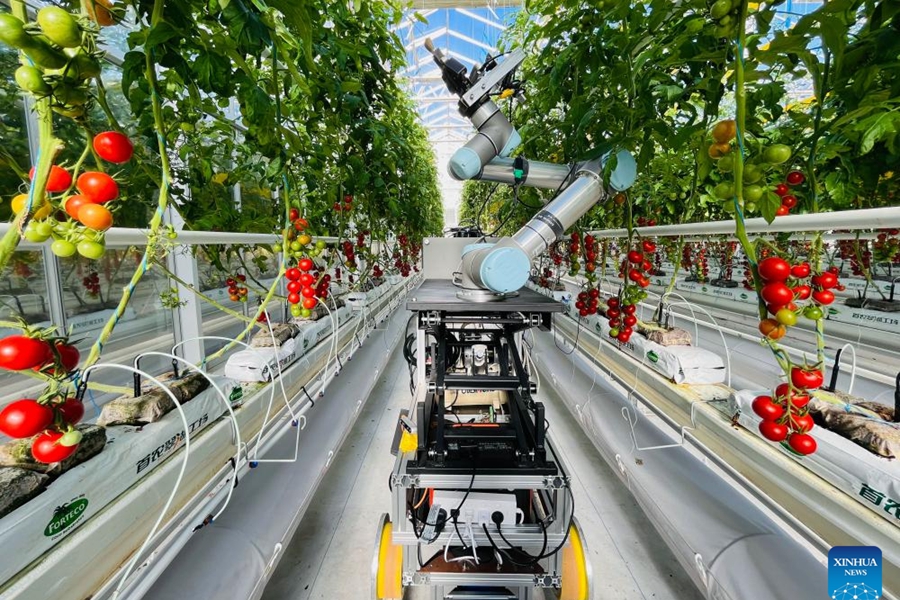
Jiangsu has made remarkable achievements in economic and social development in the past ten years, according to a press conference on June 13.
The province's total imports and exports grew from about 3.46 trillion yuan in 2012 to 5.21 trillion yuan in 2021, second largest in the country, and accounting for 13.3% of the country's total last year. The total foreign direct investment (FDI) into the coastal province reached $240 billion, approximately 18% of the country’s FDI inflow and the highest among provincial-level regions in eight of the ten years. Among Fortune Global 500 enterprises, 392 have made investment in the province.

The province’s 13 cities that have subordinate districts have all established integrated pilot zones for cross-border e-commerce. Jiangsu also has the largest service outsourcing business in China for 13 consecutive years.
The Jiangsu Pilot Free Trade Zone, established in August 2019, has implemented 97% of the 113 reform tasks and also spearheaded nine innovative practices that were rolled out nationwide.
The zone’s Nanjing area launched China’s first intellectual property securitisation platform and also hosted the largest securitisation of IP in the province. The zone’s Suzhou area made notable progress in development of trade in services with measures to guide domestic recognition of international professional qualifications. The Lianyungang area recorded more than 4,500 China-EU freight train trips that delivered 399,000 TEUs.
Jiangsu has 158 development zones approved by the State Council or the provincial government, including 47 national-level development zones, 17 more than in 2012. Jiangsu has the largest number of national-level economic and technological development zones and also most high-tech industrial development zones in the country.
Jiangsu was also home to six of China’s top 30 national-level economic and technological development zones, according to an assessment last year. Suzhou Industrial Park has led the list for six years in a row.
In addition, the imports and exports by private enterprises accounted for 38.5% of the province's total, 12.5 percentage points more than in 2012. By the end of last year, the added value of the province's private economy had reached 6.7 trillion yuan, accounting for 57.3% of the province’s GDP.
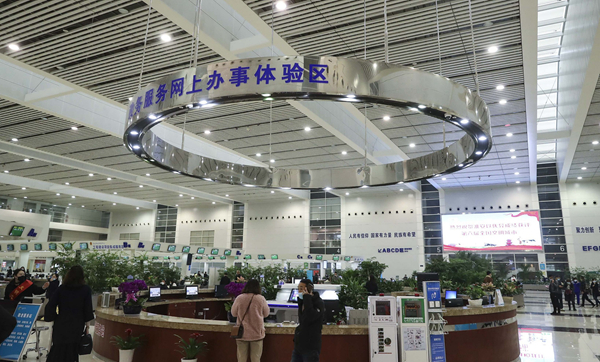
(CFP Photo)
Jiangsu was also the first province in China to introduce a regional law on the promotion of government services. The province has abolished or delegated 1,344 items of administrative approval. The number of items of intermediary services for government review dropped to 46 from 191.

